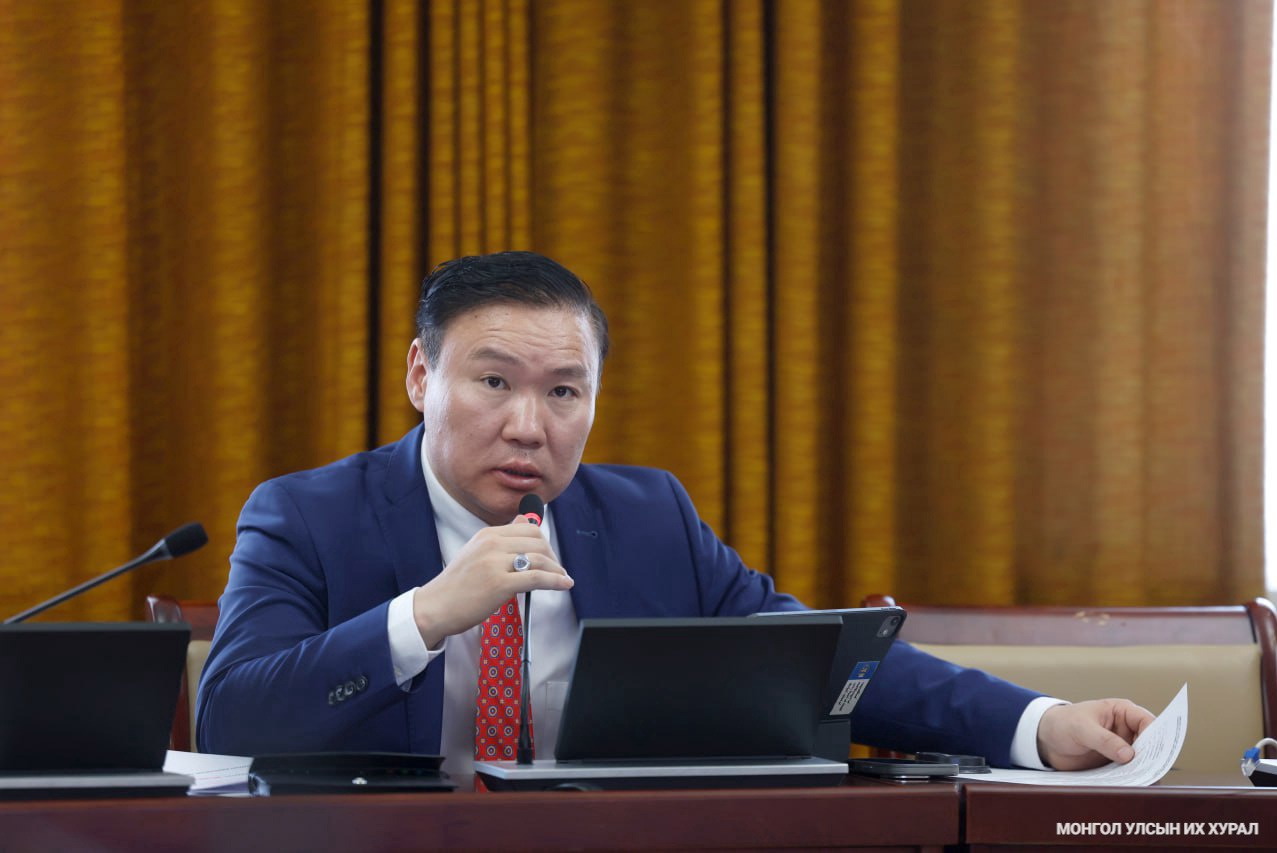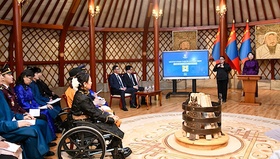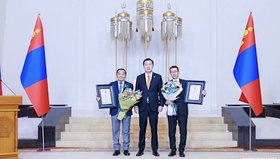An interview with S. Erdenebold, Chairman of the Subcommittee on Human Rights of the State Great Hural (Parliament)
– What is the current state of Mongolia’s legal environment when it comes to ensuring and protecting human rights?
– I was elected Chairman of the Subcommittee on Human Rights on October 22, 2024. Since then, I’ve come to understand that human rights should not only be discussed during public controversies or periods of unrest. Rather, they require continuous attention and systemic legal reform. As a legislative body, we’re not just responsible for passing laws—we must also monitor their implementation and the impact they have on human rights.
– During this parliamentary term, the State Great Hural (Parliament) has adopted a “people-centered” strategic approach. What progress has been made in the area of human rights under this framework?
– This strategy is based on a strong principle: every action and decision of Parliament must meet human rights standards. It aims to enhance the capacity of the Parliament and increase civic engagement. For instance, in the last autumn session alone, nearly 100 decisions, laws, and resolutions were adopted. We are working to ensure that none of these violate human rights.
– The Subcommittee on Human Rights has been organizing regular meetings with civil society organizations. How effective has this mechanism been?
– Since December 2024, we have been holding themed discussion meetings on the second Wednesday of each month, involving representatives from government and private sectors, NGOs, international organizations, and researchers. These serve as platforms for policy-level dialogue. As a result, we’ve begun addressing major human rights issues through broad public engagement. For example:
· In December, we discussed Mongolia’s report for the UN Human Rights Council’s Universal Periodic Review (UPR);
· In January, we covered implementation of UN recommendations;
· In March, we addressed the conditions in juvenile detention facilities;
· In April, we discussed human rights implementation in environmental legislation;
· In May, we focused on domestic violence—its current state and potential solutions.
– What steps are being taken to improve the legal environment?
– One of the basic problems is the lack of coordination between government agencies, which often leads to conflicting information and negatively affects human rights. Different agencies might have entirely different understandings or data on the same issue. Lawmakers see this as a systemic gap.
As of now, over 2,000 regulations are in force in Mongolia. Many of these include provisions that restrict or violate human rights. Our goal is to reform this situation and ensure that any limitation on human rights is legally grounded and kept to the minimum necessary. We are working step by step to implement such legal reforms.
When a Member of Parliament takes the oath, they swear to “uphold the interests of citizens and the state… and strictly observe the Constitution of Mongolia.” In essence, that’s a pledge to protect human rights. To honor this pledge, we must strengthen Parliament’s oversight functions and carry them out with greater responsibility.
– If the “people-centered” strategy is implemented effectively, what outcomes can we expect by the end of this parliamentary term?
– Human rights are not a public relations tool for officials or a campaign talking point. They are the foundation and core value of a free, democratic society. The protection of human rights is the duty of every MP, every government agency, and all levels of public administration.
Parliament’s true value is not measured by the number of laws it passes, but by whether those laws genuinely protect and fulfill human rights in people’s daily lives. It is our responsibility to recognize and resolve even the smallest issues affecting individuals—because from the perspective of human rights, no concern is too small.

 Eng
Eng  Монгол
Монгол


